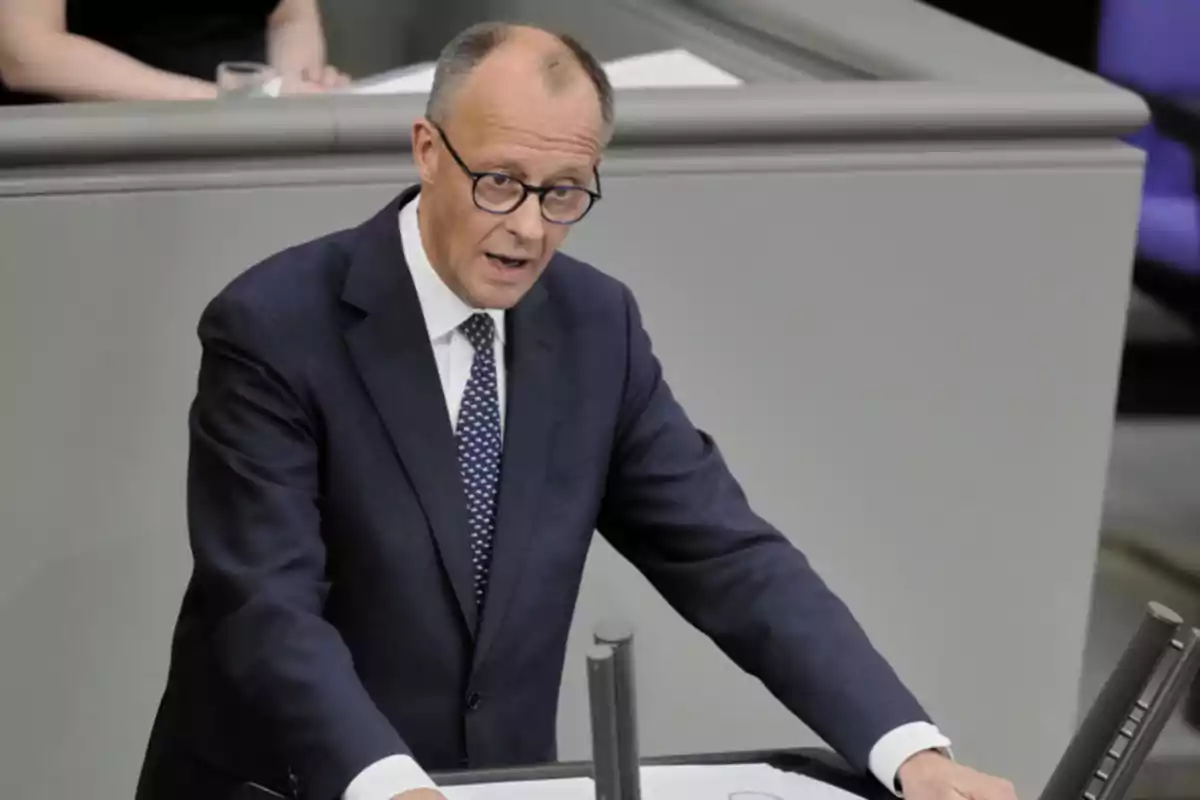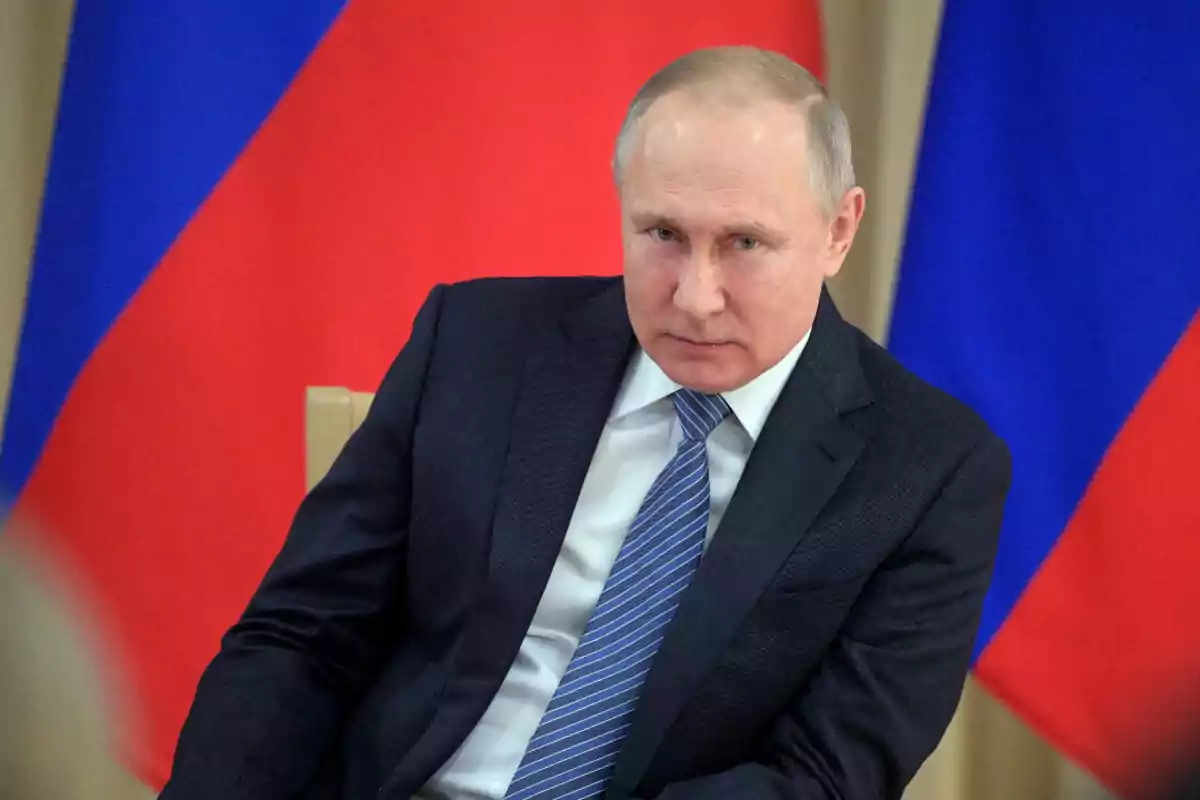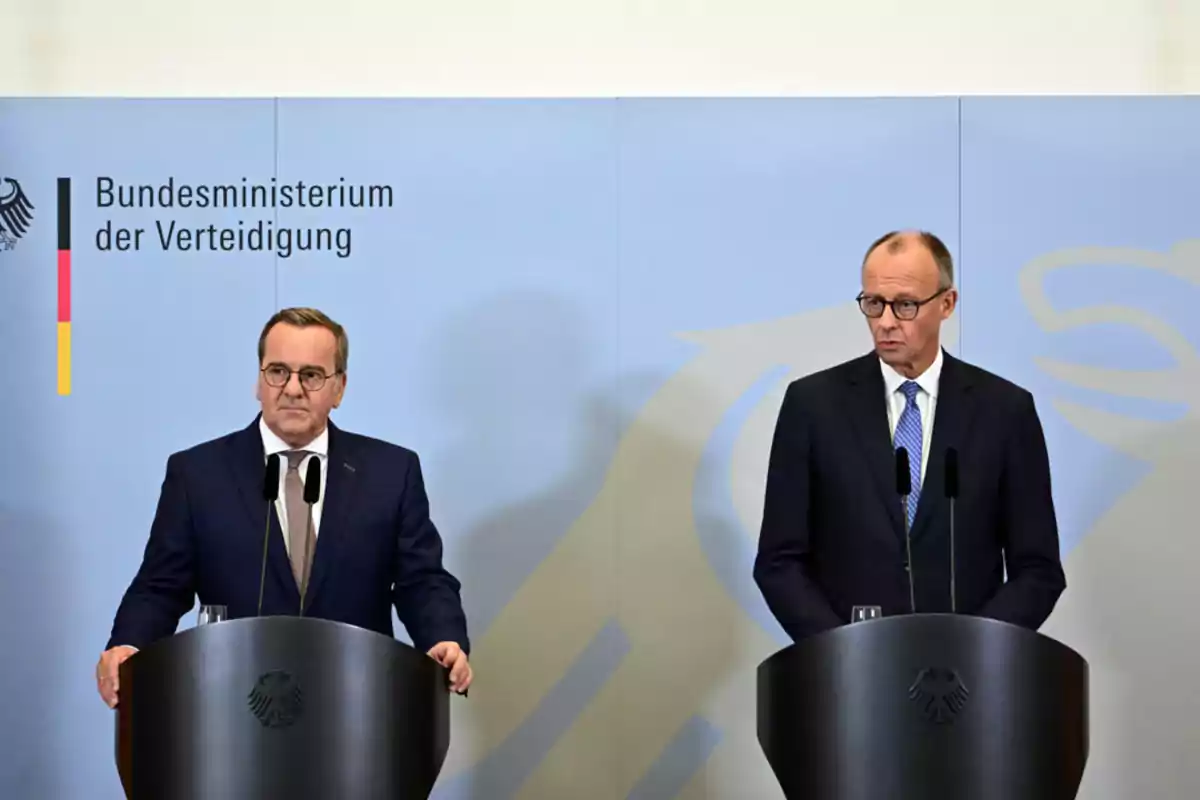
Germany has reinstated compulsory military service in response to the growing threat from Russia.
Friedrich Merz's government announced the return of military service to counter the perception of Russian threats in Europe
Germany has taken another huge step toward its rearmament and remilitarization, the most ambitious since the Cold War, in response to the growing perception of threat from Russia.
This Wednesday, the federal government approved a bill to modernize military service in an exceptional session held in an armored room at the Ministry of Defense, with the participation of NATO's Supreme Allied Commander Europe, U.S. Lieutenant General Alexus Grynkewich.
The new regulation proposes a shift in the orientation of the German armed forces, focusing them directly on national defense and the Atlantic alliance's defense.
The legal text emphasizes that Russia constitutes the greatest threat to European security in the near future and accuses the Kremlin of preparing, in material and human terms, for a potential attack on NATO territory. In addition, the growing hybrid attacks on critical infrastructure on European soil reinforce the sense of urgency in Berlin.

Despite the alarmist and symbolic tone of the announcement, the new model of military service still retains its voluntary nature, at least for now. Chancellor Friedrich Merz and Defense Minister Boris Pistorius insist that the reinstatement of compulsory military service, suspended in 2011, will first require a significant expansion of military infrastructure.
Currently, the German armed forces have about 175,000 troops, but NATO estimates that Germany needs at least 260,000 active soldiers to respond adequately to external aggression, plus another 200,000 reservists. The final goal would be a force of about 460,000 mobilizable troops.
The new model provides for a phased process. Starting January 1, 2026, all 18-year-olds will receive a letter from the army requesting information about their physical condition and willingness to enlist.

The response will be mandatory only for men, while for women it will be voluntary. In addition, starting July 2027, all males born from 2008 onward will have to undergo mandatory medical examinations at military centers. The objective is to generate a database that allows for mass recruitment in case of crisis.
This model also involves new logistical investments: more than 7,000 new barracks are planned to be built and old facilities to be rehabilitated. The duration of service will be flexible, between six and twelve months, with the option to join any branch of the armed forces. All recruits will be considered temporary soldiers, with an approximate net monthly income of 2,300 euros.
However, the project has caused divisions within the government itself and Parliament. Foreign Minister Johann Wadephul initially expressed his disagreement through a "leadership reservation," which was withdrawn only after intense negotiations.

Meanwhile, the CDU parliamentary group expressed concern about the lack of automatic mechanisms to reactivate compulsory service if recruitment targets are not met. Wadephul and other CDU members believe that relying solely on volunteering is naive and puts the country's deterrence capability at risk.
Criticism has also arisen from student sectors and military associations. On one hand, there are concerns that this reform will complicate young people's personal planning; on the other hand, there are questions about whether the proposed measures are sufficient in the face of a Russian threat that is already manifesting itself in the media and cyberattacks, although not yet in direct military form.
More posts: